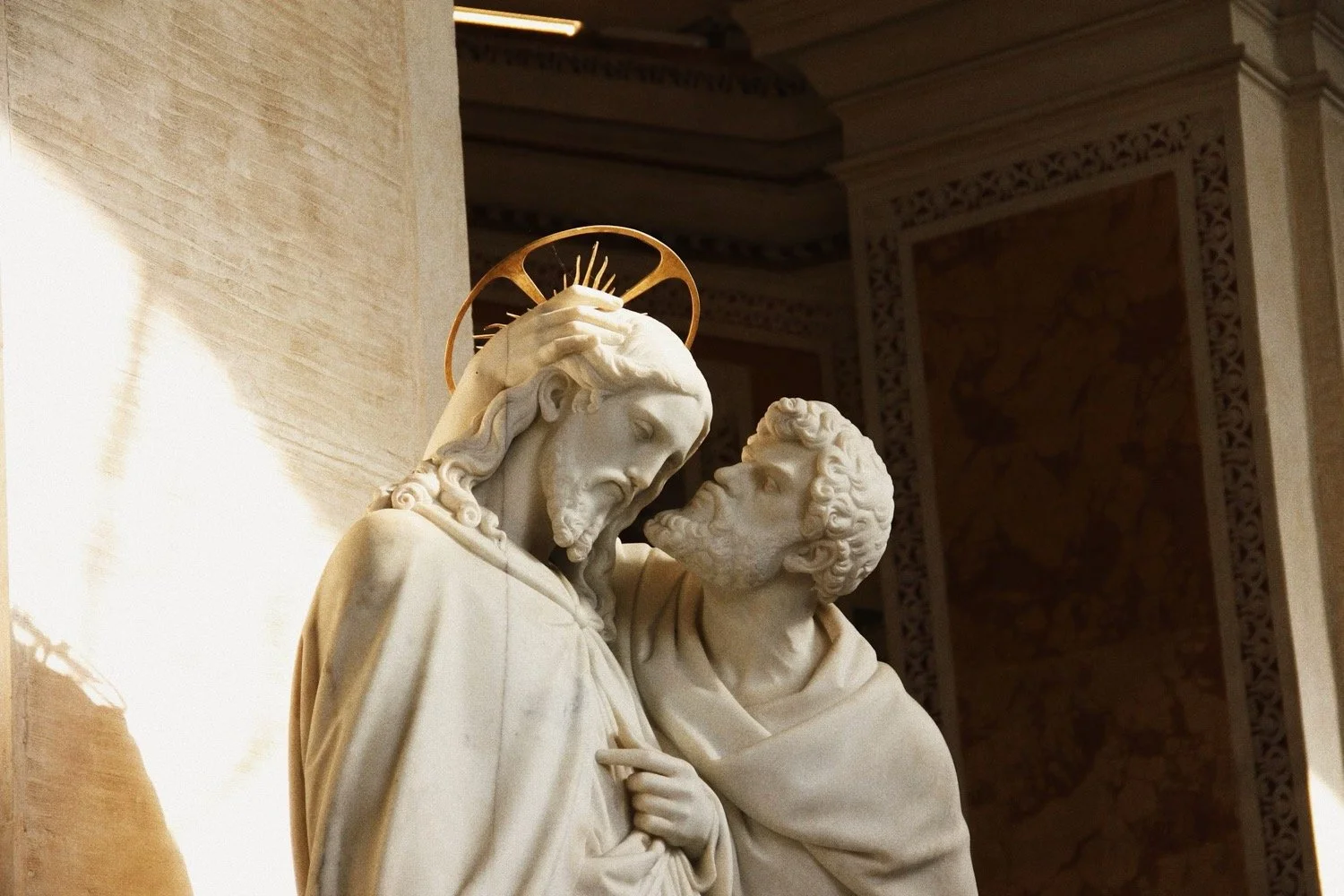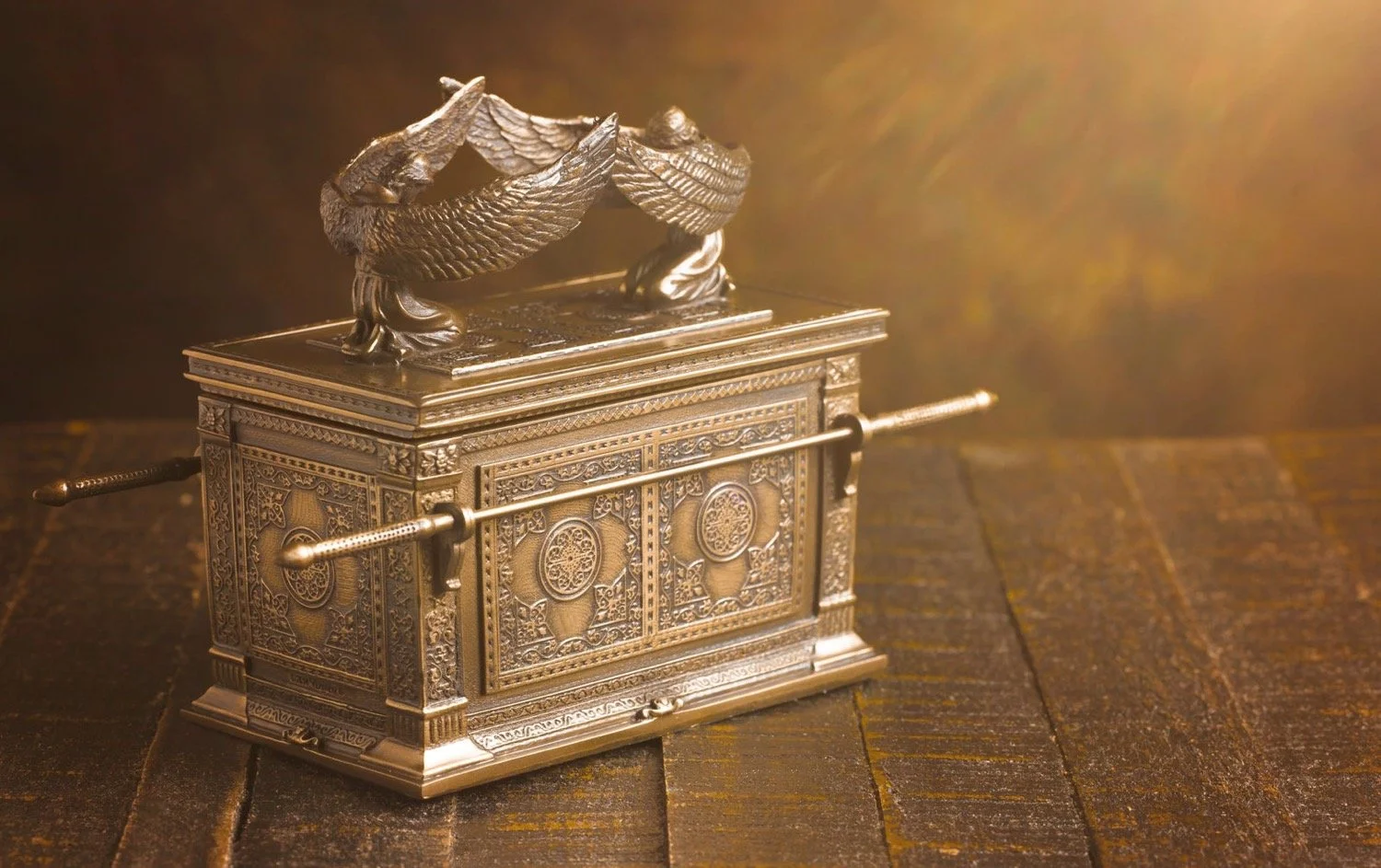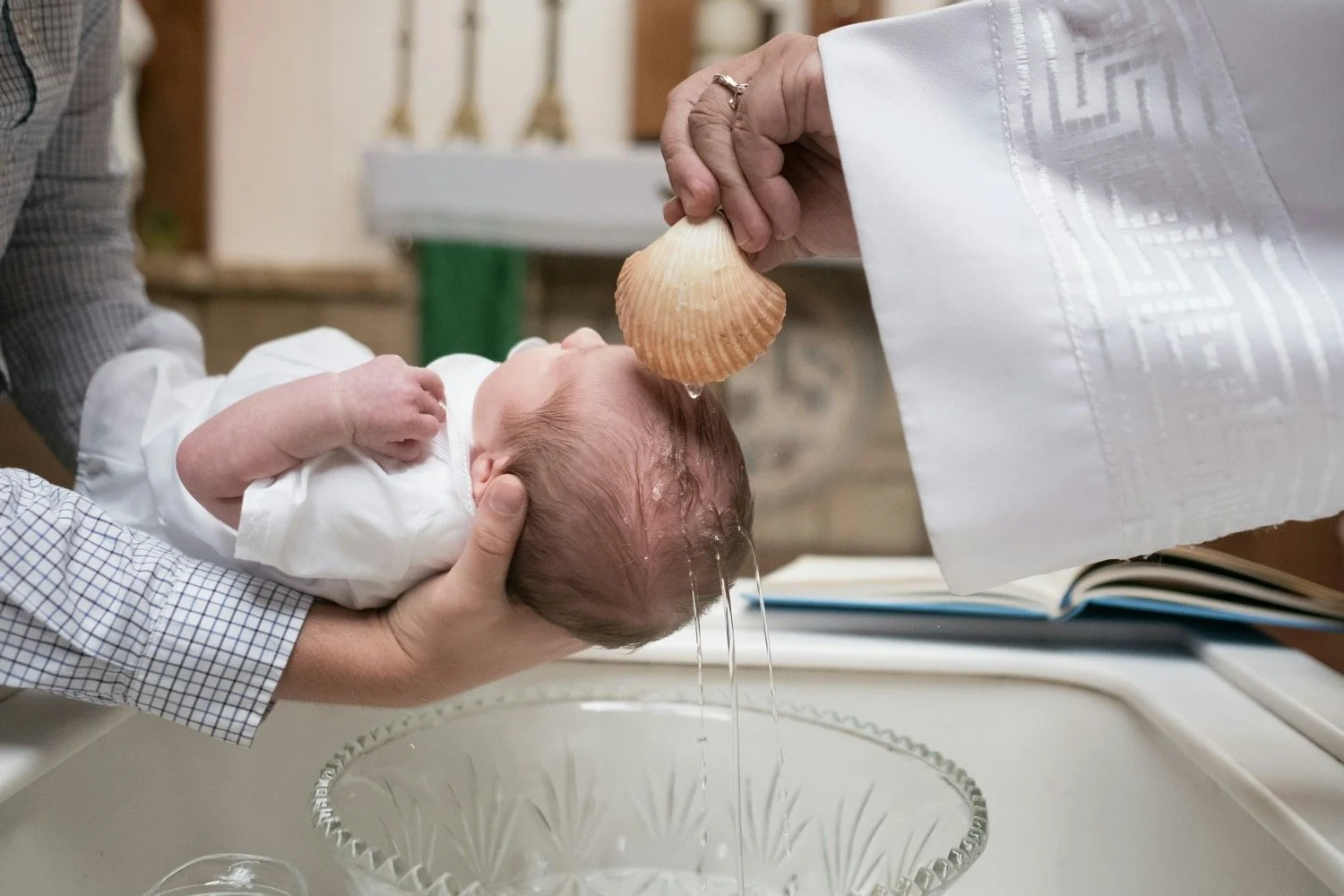Readings for today: 1 Samuel 9-12
Disappointment is hard to navigate. I recently was talking to a friend who experienced a painful disappointment in their life. People with whom they were close let them down. People they trusted and invited into their home had betrayed them. People they loved had walked away. I’ve seen it too many times to count. I’ve seen it in marriages and families. I’ve seen it in churches and small groups. I’ve seen it in business and friendship. And the natural response is to pull back. Protect our hearts. Refuse to trust anyone ever again lest we open ourselves up to more hurt. Even if the person or parties return, we too often refuse to forgive. Refuse to extend grace. And the result is only more brokenness and heartbreak and pain.
There is so much to admire about Samuel. His devotion to the Lord from a young age. His military prowess. His leadership ability. His spiritual authority and wisdom. His faithfulness over so many years. But perhaps what I admire most is his attitude at the end of his life. When the people he has given his life to turn on him and ask for a king. They reject his leadership in a desire to be just like the nations around them. It had to be a crushing disappointment for him. But what is his response? “As for me, I vow that I will not sin against the Lord by ceasing to pray for you. I will teach you the good and right way. Above all, fear the Lord and worship him faithfully with all your heart; consider the great things he has done for you. However, if you continue to do what is evil, both you and your king will be swept away.” (1 Samuel 12:23-25 CSB) Samuel never stops praying. Never stops teaching. Never stops discipling. Never stops seeking to lead them by example. It doesn’t matter that they have rejected and betrayed him. His calling doesn’t depend on their affirmation. He trusts in the Lord alone.
What about you? What disappointments have you faced in your life that have tempted you to withdraw? Tempted you to avoid? Tempted you to withhold forgiveness and grace? What relationships in your life need healing and reconciliation? How can you be an agent of grace in the midst of conflict? How can you be a person of peace when those you love are at odds with one another? Follow Samuel’s example. Never stop praying, even for those who hurt you. Never stop living the good and righteous way. Never stop fearing the Lord and worshipping Him faithfully with all your heart. Never forget the great things He has done for you and seek to do those same things for others.
Readings for tomorrow: 1 Samuel 13-16




